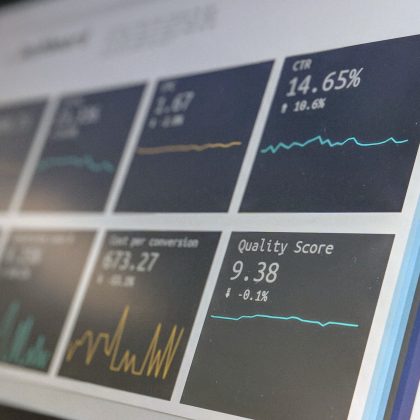Research4Life – Levelling the playing field for researchers in the Global South
Did you know that journals on the Cambridge Core platform are available at no (or very low) cost to researchers in up to 125 lower and middle income countries around the world? This is because Cambridge is a publisher partner in the Research4Life initiative, a multi-lateral voluntary programme that aims to reduce the knowledge gap between the industrialised countries of the North and the emerging economies of the “Global South”. What began as a joint venture between the WHO and 6 founder publishers back in 2001 is now a huge endeavour involving some 180 publishers, 5 UN agencies, the STM Association and Yale and Cornell University Libraries. More than 10,000 eligible institutions have registered for access, bringing a vast collection of content to their scholars, educators and policy-makers.
Research4Life provides a central discovery service for all of the content on offer, which now includes over 28,000 peer reviewed journals (both subscription and Open Access), integrating with publishers’ own platforms so that users can be authenticated and provided with barrier-free access to crucial research information. This year, more than any other, has illustrated how vital such authoritative content is to support collaborative research programmes and to achieve maximum inclusion and impact.
Research4Life does much more than removing access barriers to content; it also provides capacity development programmes such as a Massive Open Online Course (MOOC) that covers all aspects of how to use Research4Life and its wide range of content. This incudes helping researchers in developing countries to navigate the complex world of publishing and how to avoid the pitfalls of predatory publishing. As Open Access publishing grows around the world, subscription barriers are being replaced by barriers to publication, so training resources which focus more on the researcher as author grow in importance.
Just as publishers focus on improving the user experience for commercial customers, Research4Life too carries out regular user surveys to ensure that needs are being met and the growing cohort of scientists in the Global South are treated with equity and respect. The latest 5-yearly user review has revealed contrasting user experiences in different countries, sometimes due to the lack of local champions to promote and support Research4Life in-country, and sometimes due to publisher-set exclusions to high value content. The review has also revealed, however, how highly valued Research4Life is and the impact it has on research outcomes for disadvantaged groups. As it continues to evolve in line with changing user needs and the shift from equality of access to equality of publishing opportunity, Research4Life and its participating partners have an increasingly important role to play in helping to achieve the objectives set out in the UN’s Sustainable Development Goals.
Scroll through some quotes from users and librarians:







